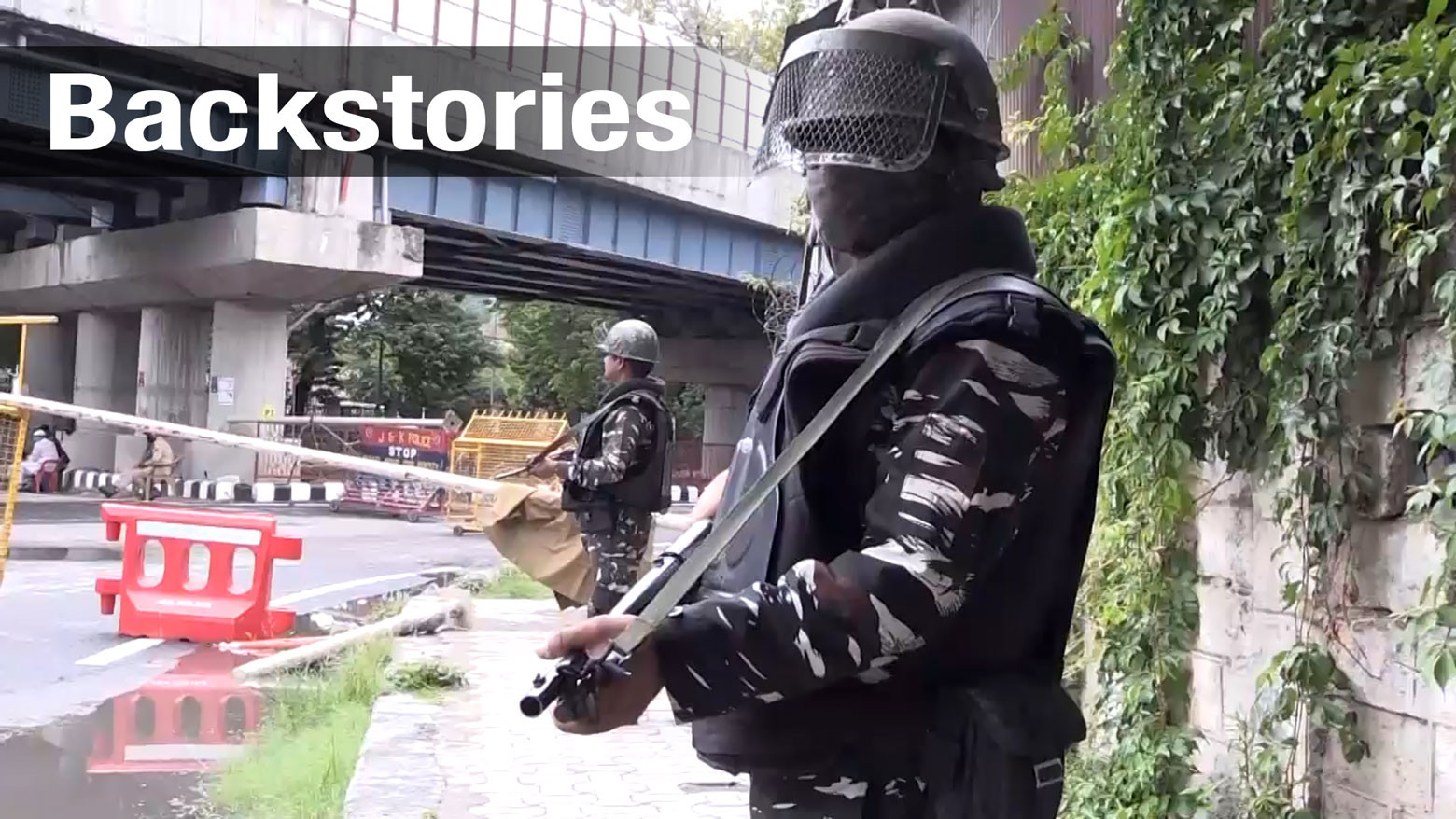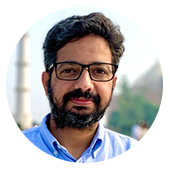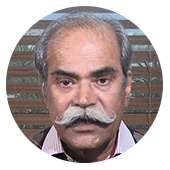State of affairs
After the end of British rule in 1947, the predominantly Muslim region of Kashmir joined Hindu-dominant India. But Muslim-majority Pakistan claimed the area as part of its territory. The two countries went to war and in 1949, the region was split by a ceasefire line, with India and Pakistan dividing control. A second war over the region followed in 1965.
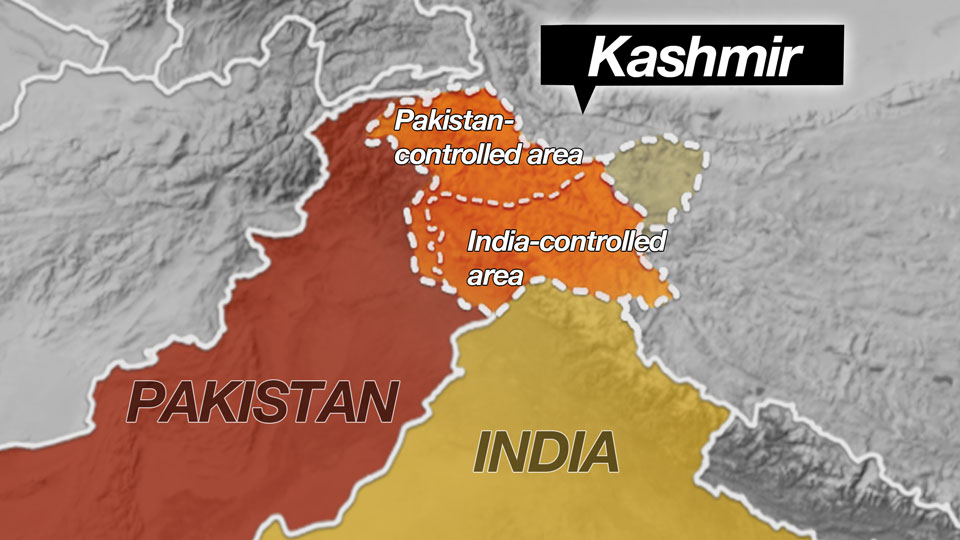
India had allowed the part of the region under its control, the state of Jammu and Kashmir, a high level of autonomy, except for in matters of foreign affairs and defense. This policy had been successful in reducing tensions with Pakistan.
But Indian Prime Minister Narendra Modi and his Hindu nationalist political party pledged to change things. Backed by a landslide victory in this year's election, his government abolished the article in the country's constitution that guaranteed Kashmir's autonomous status.
On August 15th, Indian Independence Day, Modi said, "All people in India can now proudly say they have one nation and one constitution."
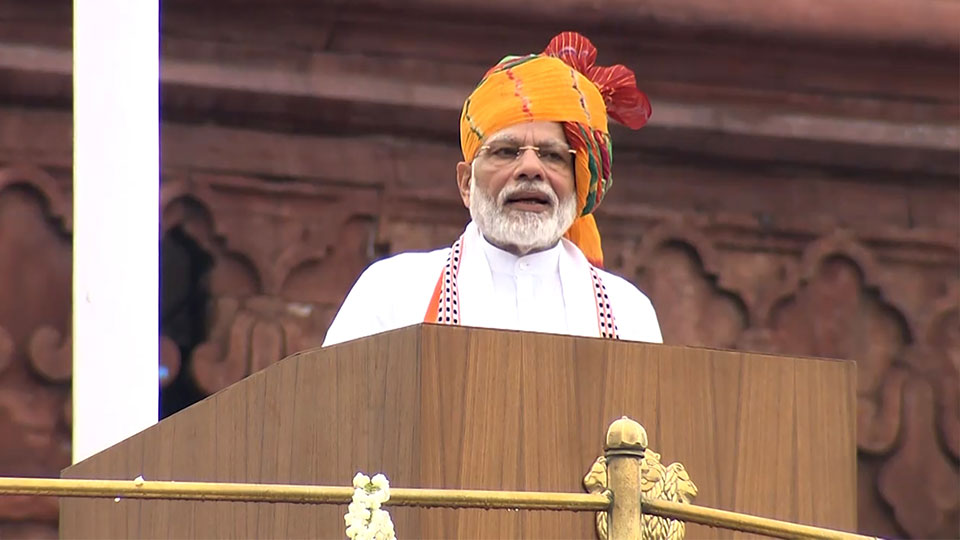
Prime Minister Imran Khan lashed out at his Indian counterpart at a rally on August 30th.
"We warned the international community that India could launch an attack on the Pakistani-held part of Kashmir," he said. "If they attack, I want to make it clear to Narendra Modi that every brick will be countered with a stone. Our armed forces are ready to respond."
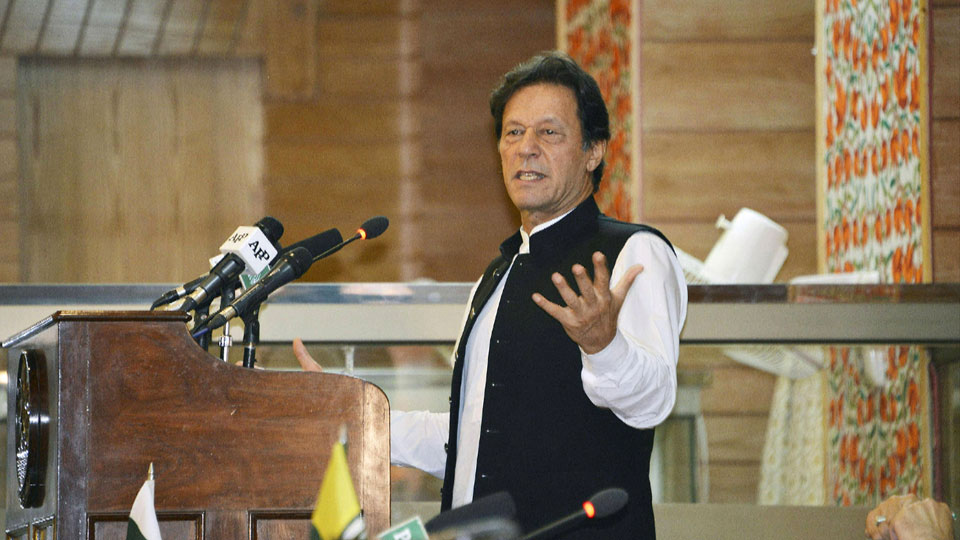
Life in the Indian-controlled part of Kashmir
An NHK crew visited Srinagar, the largest city in the Indian-administered part of Kashmir, to find out how the decision has affected daily life.
India's decision has drawn sharp opposition from the region's Muslims, who make up about 70 percent of the population. They worry there will now be an influx of Hindus, leading to a rise in anti-Muslim discrimination.
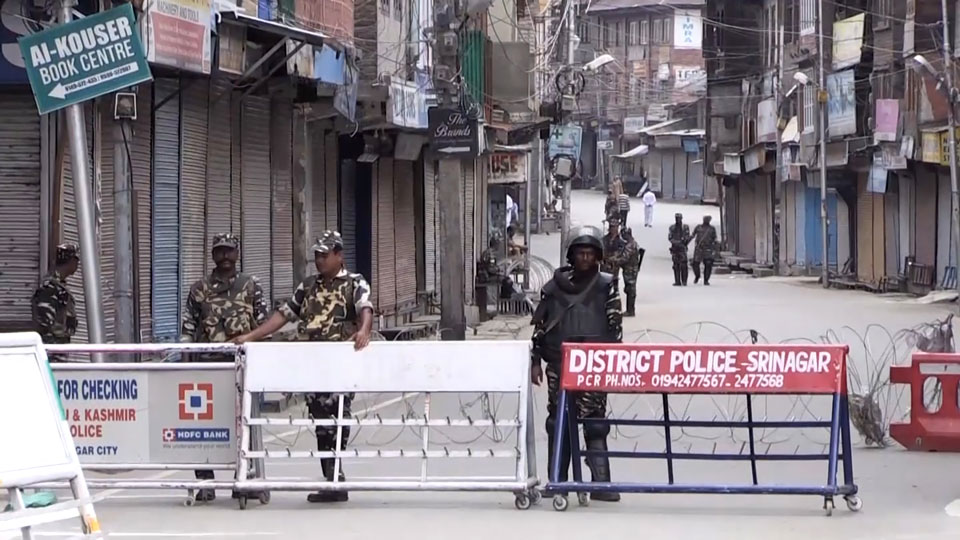
Walking the streets, the heavy security presence immediately jumps out. But other than that, Srinagar resembles a ghost town. Shops are shuttered. Few people are out.
Internet and phone connections have been disrupted. Local media say hundreds of people, including politicians, have been detained.
But civilians are still protesting, defying restrictions on public assembly.
"We oppose the nullification of autonomy," said one demonstrator. "People have been detained and there's no information available."
Rohit Kansal, an Indian government spokesperson sent to the region to monitor the situation, denies there has been any major unrest.
"There have been a few minor localized incidents, which have been dealt with," he says. "On all other fronts--civil supplies, national highways, airport, medical facilities--things continue to be normal."
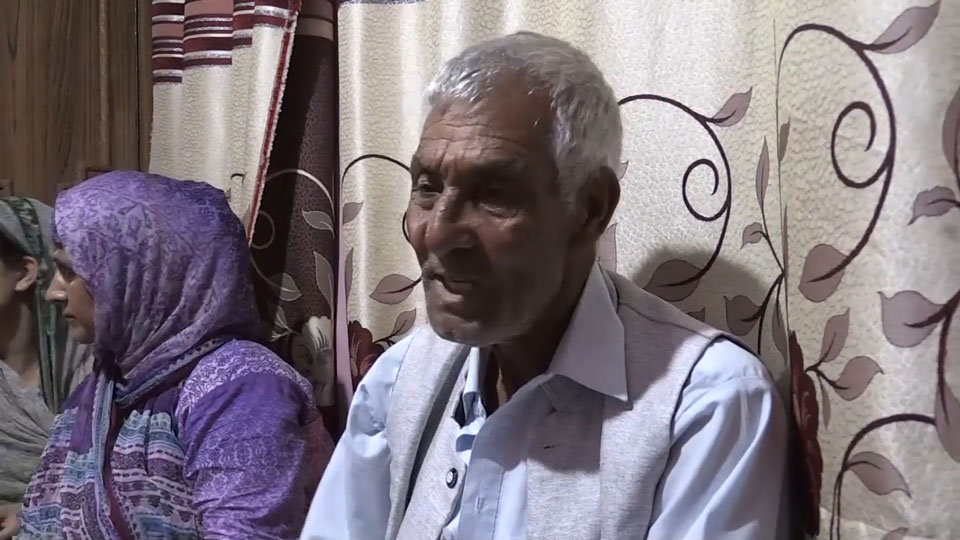
One family agreed to an interview with NHK, despite strict restrictions on media coverage. 70-year-old Abdul Salam says the day before autonomy was withdrawn, security forces prevented people from leaving their homes. Now his family is running out of food.
"The Indian government should revoke its decision and let us resume our normal lives," he says.
His wife Saheena adds, "This is not India but Kashmir. Why does Kashmir have to be handed over to India?"
Families divided in Pakistan-controlled area
The splitting of Kashmir separated many families. Our crew visited the city of Muzaffarabad in the Pakistan-controlled part.
In early August, the city saw a major protest against the Indian government's decision.
"Kashmir is not part of India," said one demonstrator. "That will never change. If Prime Minister Modi doesn't scrap the revocation, we won't let him in Kashmir."
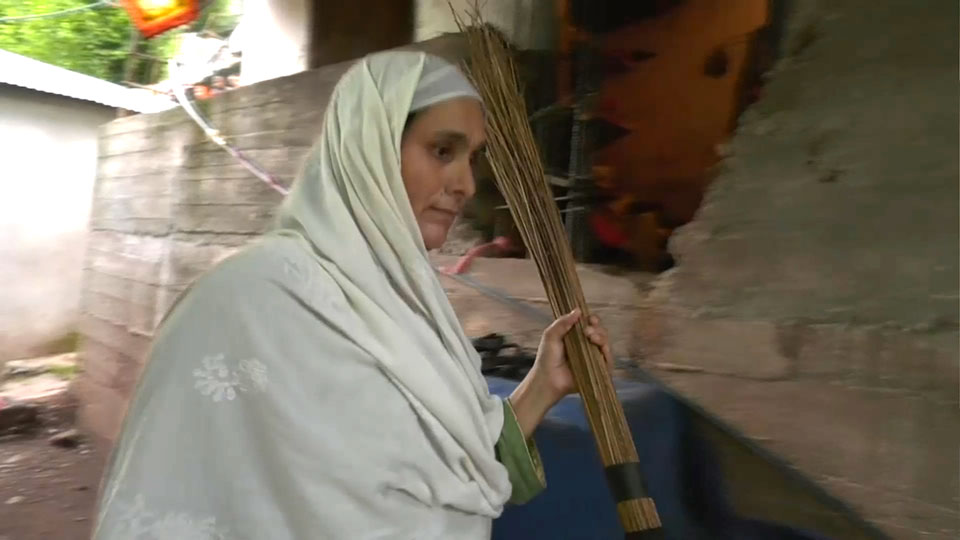
Khadeeja Bibi left the India-administered side about 18 years ago to escape the persecution of Muslims. Her parents and siblings remain.
She says she's had difficulty getting in touch with her family because India started disrupting telephone and Internet connections in August. Soon afterwards, she received a message saying her 75-year-old father had died after being assaulted by security forces. She says she is still trying to get information on what happened.
"I'm devastated by my father's death. I can't even get in touch with my siblings on the other side of Kashmir. Every day is sad. I just hope peace will come soon."
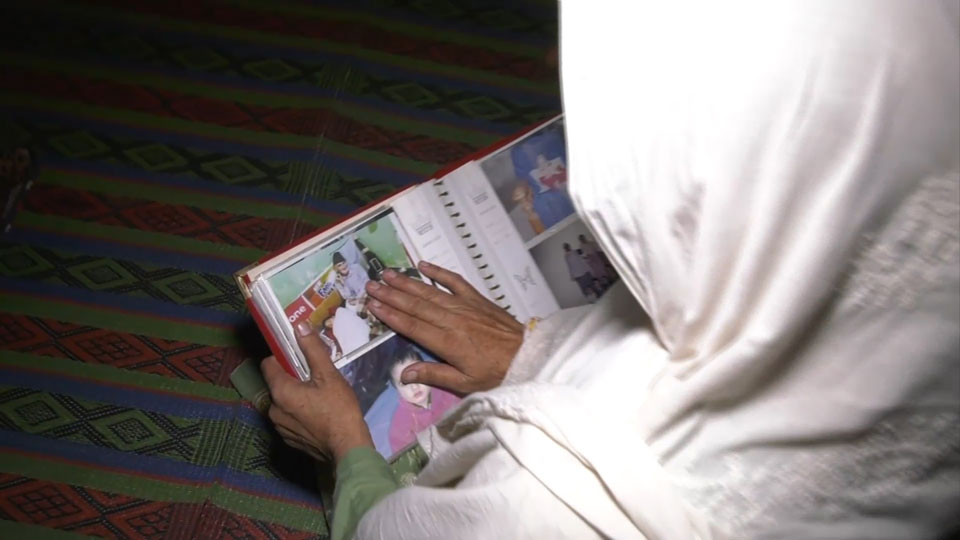
The end of a 'delicate balance'
On August 16th, the United Nations Security Council met to discuss India's decision, at the request of Pakistan. After the meeting, Pakistan's ambassador to the UN, Maleeha Lodhi, described the human rights situation in Jammu and Kashmir as "abysmal" and urged other nations to be committed to the issue.
India's envoy Syed Akbaruddin dismissed the calls, saying, "Our national position was and remains that matters related to the Indian Constitution are entirely an internal matter to India."
The meeting ended with no conclusion, revealing a clear gap between the neighbors. Pakistan is seeking involvement from the international community, India wants the issue to be resolved in bilateral negotiations.
US President Donald Trump has said he is willing to mediate the talks but India rejected the offer. Kashmir has seen a long and complex history of disputes between the two nuclear-armed neighbors. The state of autonomy has kept a delicate balance for 70 years but now the political landscape is drastically changing.
